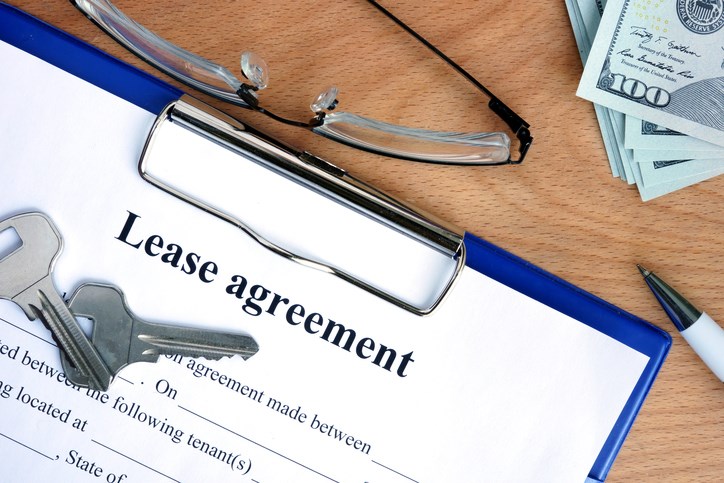Since 1993, we’ve been negotiating commercial leases and renewals for tenants. From our experience, here are 11 tips that hold true whether a tenant is looking at a new commercial space or coming up for a lease renewal.
Create competition for your tenancy. Negotiate on more than one location simultaneously – especially with lease renewals. Even if you don’t want to move, create options so you can play one landlord against another. Share with each landlord that you are receiving proposals on other sites. Remember, the tenant is the customer and the landlord is the seller. Make the landlord earn your tenancy.
Start the process well in advance. For existing commercial locations and lease renewals, we recommend that you start at least 12 to 15 months ahead. This allows ample time for completing paperwork, searching for alternate sites (if necessary) and accounting for Murphy’s Law. If you can’t secure a good deal within the first few months, you can still exercise your option to renew or start the relocation process.
Negotiate to win. You want to get as many landlord inducements as possible – free rent, a tenant allowance, no deposit, a low rental rate, a great location and so on. Note that inducements are more common in some cities than in others, based on local vacancy rates and other factors. The landlord and his agents are playing to win and so should you. Negotiate assertively.
Ask for more than you expect to get. By “asking” we mean that you should be negotiating for more than you expect to get. Ask for eight months of free rent if you want five. Ask for an $80,000 tenant allowance if you want $60,000. This allows for “wiggle” room for negotiations. Many commercial tenants are disappointed with the outcome of their negotiations because they neglect to build in room to negotiate. Negotiations should go a few rounds; that is the nature of the real estate industry.
Talk to other tenants. You can gain a wealth of information by talking with tenants who have recently moved into – or out of – the building. Be direct. Tell those tenants who you are and explain why you have come to see them. Ask for their comments about the landlord, the property management and the rent. For lease renewals, talk with other tenants in the building who have recently renewed to find out how much they are paying now and how smoothly the negotiations proceeded.
Ask questions about the property and the landlord. Commercial tenants shouldn’t rely on what the property manager, leasing representative or agent voluntarily tells them. The Lease Coach typically poses questions such as these: How long has this landlord owned this property? Is the property for sale? How many other properties does the landlord own? Is there local, on-site management? What is the vacancy rate? You may be surprised with the conclusions you can draw from the answers to your questions.
Keep your success quiet. One of the reasons why your landlord will raise your rent for the lease renewal period is due to your success. If you have been profiting in a particular location, you likely will not want to move even if you can afford the rental increase. Some landlords will take advantage of tenants knowing how disruptive it can be to move and set up a new location, especially if the business is thriving.
Don’t accept the first offer. Once your landlord has made the first offer regarding your lease renewal, the real negotiations begin. With patience and good communication, you can improve almost any first offer, which may be nothing more than a smokescreen anyway. One landlord’s first offer to our client, a doctor, was at $28 per square foot. We were able to negotiate a long-term deal at under $10 per square foot.
Negotiate for lease renewal incentives. If your lease is expiring, ask yourself: what inducements would the landlord give to a new tenant just coming into the property? Examples of such inducements would include free rent and tenant allowances. If these were there for the offering to a new tenant, then why wouldn’t an established tenant – with a proven track record – get the same (or more) consideration?
Don’t misunderstand the role of the agent: When doing site selection, you should phone the number on the “for lease” sign on the building. Be aware that if multiple agents are involved, there may be commission-splitting. This may diminish your chance of getting a location if the listing agent finds his own tenant to lease the space.
Avoid giving unlimited personal guarantees. A personal guarantee is an entrepreneur’s personal promise to honour the lease agreement if the tenant or corporation defaults. Sometimes, a personal guarantee is necessary but we recommend opting for a “limited declining personal guarantee”. To explain, let’s say you are getting a $50,000 tenant allowance. It would not be unreasonable to guarantee a maximum of $50,000, declining by $10,000 per year thereafter.
These are only a few of the dos and don’ts that will help you when it comes to negotiating your new lease or renewal. Remember, ultimately, that your success will depend on your location and the deal you make.



